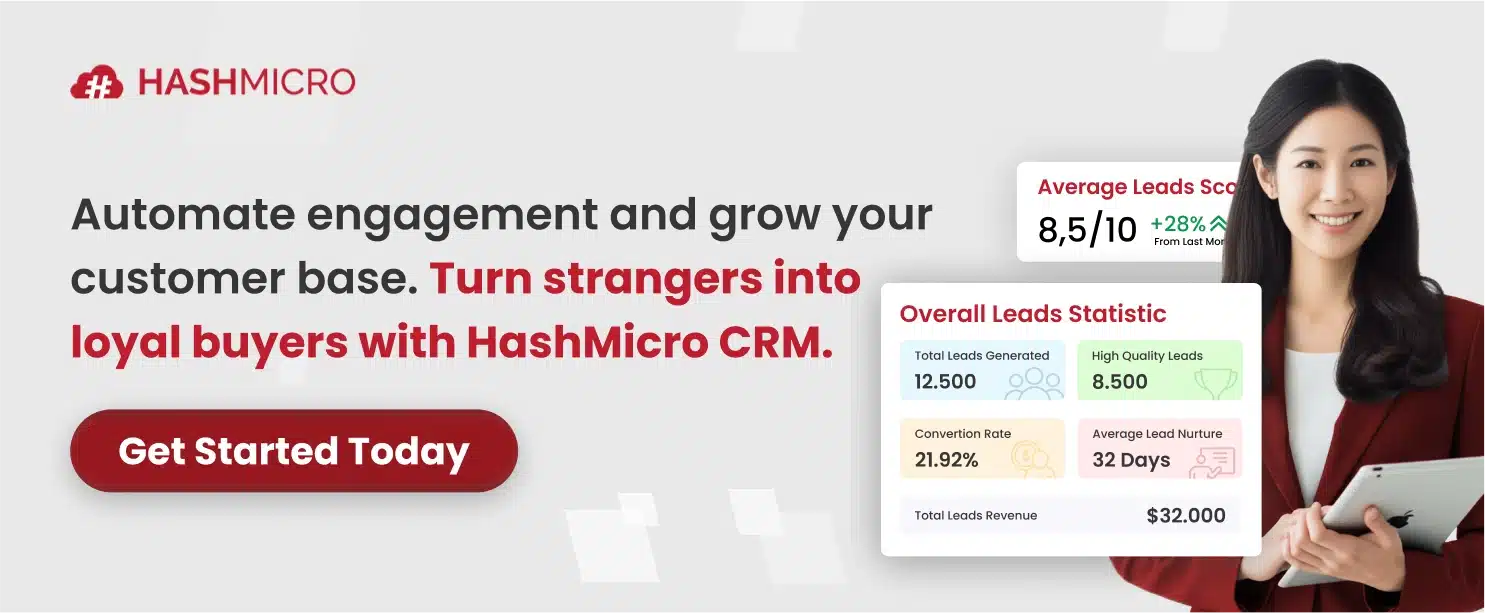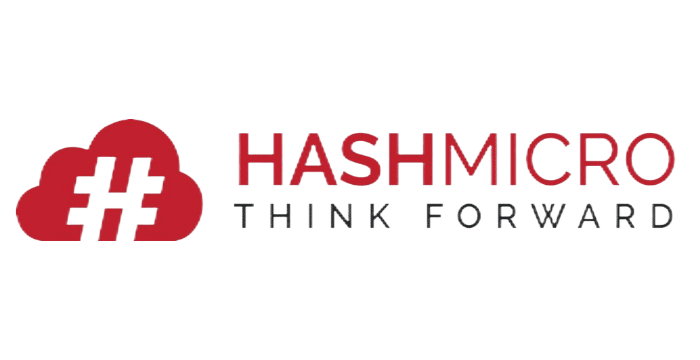In today’s rapidly evolving business landscape, companies face a crucial decision when it comes to managing their CRM systems. The advent of cloud technology has revolutionized the way businesses operate. On the other hand, on-premise CRM solutions provide companies with complete control over their data and infrastructure. So, when it comes to cloud CRM vs on-premise CRM, which should they choose?
It is essential for organizations to carefully evaluate their specific needs and requirements to determine which option is the right fit for their business. In this article, we will delve into the key considerations that companies must take into account. We will explore the benefits and drawbacks of each approach. By examining these aspects, businesses can make an informed decision that aligns with their unique objectives.

Table of Content:
Table of Content
What is Cloud CRM?
A cloud-based CRM system is an outsourced solution where the CRM software is hosted on the provider’s servers, allowing remote access through an internet connection. The data is stored online, providing easy accessibility and enabling the development of mobile CRMs. This system has its pros and cons, namely:
Pros:
- Easy access to data from anywhere, as the CRM is portable and accessible through the cloud.
- Quick and simple software customization and deployment through cloud services.
- No maintenance responsibilities, as the vendor takes care of updates and technical difficulties.
- Lower setup fees as the vendor hosts the necessary servers and hardware.
Cons:
- Limited control over data and systems, as another server hosts the data.
- Lack of control over upgrade schedules, as updates are performed by the vendor.
- Potential downtimes during server maintenance, which may disrupt workflow.
- Dependence on vendor assistance for certain tasks, which may not always be ideal.
What is On-Premise CRM?
On-premise CRM involves companies purchasing licenses and installing a CRM system on their internal servers located within their premises. This approach requires an in-house IT department to handle system development, day-to-day maintenance tasks, and security procedures. Businesses opt for on-premise CRM when they prefer to have complete control over their data.
However, setting up an on-premise CRM entails significant initial costs, such as contracting with vendors or hiring developers. Other costs include purchasing and installing necessary equipment, as well as preparing for periodic maintenance and updates. It is also advisable to establish a backup system stored off-site to mitigate risks posed by accidents or natural disasters.
Pros:
- Total control over data and systems, including upgrades and modifications.
- Data security is maintained as it is not hosted on third-party servers.
- Potential cost savings for businesses with a high number of users.
Cons:
- Limited accessibility as users may need to be within specific IP addresses or locations.
- Challenges in developing mobile applications due to reliance on on-premise servers.
- Significant initial and ongoing expenses for small or medium-sized businesses.
- Expensive and time-consuming software upgrades.
Cloud CRM vs On-Premise CRM: Crucial Differences
Cloud CRM and on-premise CRM offer distinct advantages and considerations in terms of security, affordability, scalability, and accessibility. By assessing their specific needs and priorities, companies can make informed decisions on which CRM option aligns best with their requirements and business objectives.
Security
When comparing the security of cloud CRM and on-premise CRM for companies, it is essential to consider data transfer and protection. On-premise CRM provides secure data transfer as it is stored on the organization’s server, although risks can arise from employee fraud or negligence. On the other hand, cloud CRM offers a reliable solution for data transfer and security through reputable cloud providers.
While on-premise CRM may be perceived as more secure due to in-house management and transparency, cloud CRM providers prioritize security and have a vested interest in maintaining a secure operation. It is crucial to recognize that security risks can occur in both cloud and on premise systems, often due to human error.
Affordability
The affordability of CRM solutions depends on the size of the organization. Larger enterprises may find that an on-premise approach becomes more cost-effective in the long run after overcoming the initial implementation expenses. In contrast, small and medium-sized enterprises (SMEs) often prefer the lower up-front costs associated with cloud CRM.
By opting for cloud CRM, SMEs can allocate their valuable time and resources to core business activities instead of managing maintenance tasks. The lower initial costs and third-party management associated with cloud CRM contribute to its growing popularity among companies seeking affordable CRM solutions.
Scalability
For organizations with plans to continuously upgrade and customize their CRM platform, cloud software is the best solution. Cloud CRM enables seamless and swift deployment of upgrades, technological patches, and customizations managed by the provider. Integrations with third-party applications, such as websites, social media platforms, and analytics accounts, are also easily facilitated in the cloud.
In contrast, on-premise CRM may pose challenges in terms of scalability and cost-effectiveness. Limited by the initially implemented hardware and software, additional upgrades in an on-premise environment can incur substantial costs and may not align with planned CRM upgrades by the provider, potentially causing delays. Thus, cloud CRM offers greater flexibility and efficiency in accommodating the scalability needs of companies.
Accessibility
In terms of accessibility, cloud-based CRM offers a significant advantage. With an internet connection, users can remotely access the CRM from various devices, including mobile devices. This enables real-time access to organizational data from anywhere, empowering employees across departments and locations to make informed decisions promptly.
On the other hand, on-premise CRM limits access to on-site locations, potentially causing issues when urgent access is needed by stakeholders who are not physically present. Although on-premise CRM can be set up with a VPN, this incurs additional costs and may not always provide an effective solution. However, you can mitigate these costs by using VPN coupons, which can help reduce the expenses associated with implementing a VPN for on-premise CRM.
Choosing the Best of Both Worlds: HashMicro CRM System
When it comes to maximizing lead conversions and streamlining sales processes, HashMicro offers the best CRM software solution in Singapore that combines the advantages of both cloud-based accessibility and comprehensive system integration. With HashMicro CRM, companies can automate their sales pipeline, convert more qualified leads, and win more deals, all while enjoying the benefits of a fully-integrated CRM system.
One of the key benefits of HashMicro’s CRM software is lead identification. With a centralized repository for managing lead databases, businesses can easily identify and prioritize qualified leads. This leads to more effective lead management and higher conversion rates. Additionally, automated reporting provides real-time insights into sales performance. The system also integrates seamlessly with other essential business systems.
Choosing the HashMicro CRM system means companies can benefit from a comprehensive and feature-rich CRM solution that combines the best of both worlds. The system’s cloud-based accessibility ensures remote access and real-time data across the organization, enabling swift decision-making and collaboration. Simultaneously, the integration of on-premise capabilities offers greater control, customization, and system compatibility.
Conclusion
Now you have learned more about two different CRM system approaches. The main difference between cloud CRM vs on-premise CRM is where the data is stored and managed. Besides that, they each offer their own unique strengths and weaknesses. However, if you want a solution that combines the advantages of the two, you can go with HashMicro’s comprehensive CRM system.
HashMicro’s system offers the perfect blend of cloud CRM vs on-premise CRM. With its comprehensive features, you can drive your sales performance, enhance customer relationships, and achieve your goals with confidence. Schedule a free demo today!























































